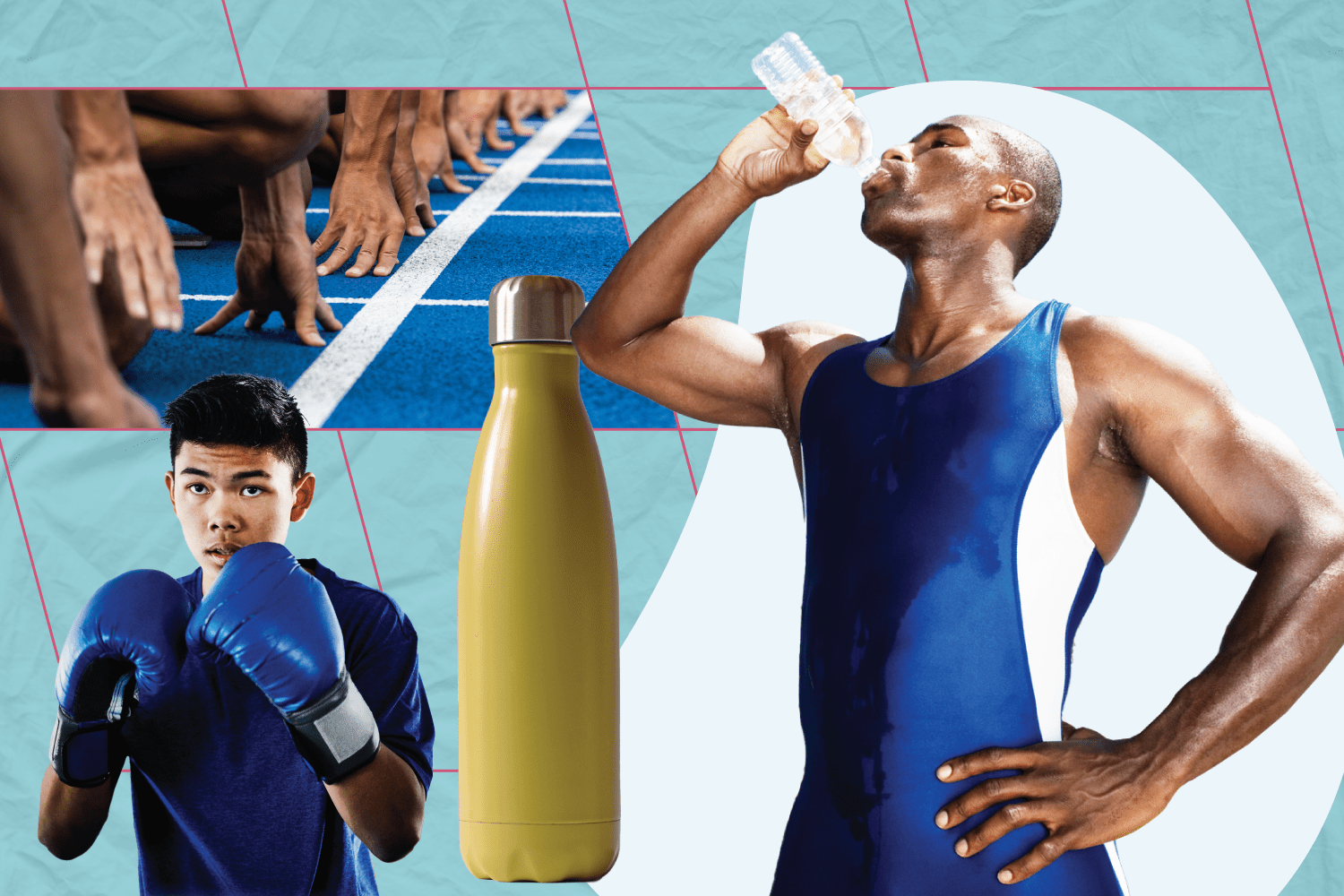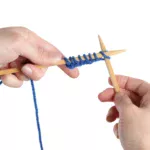Hydration plays a crucial role in an athlete’s performance and overall health. Proper hydration ensures that the body functions optimally during training and competition. Here, we explore the importance of hydration for athletes and provide tips on how to stay properly hydrated.
Why Hydration is Important
Enhances Performance
Water is essential for maintaining blood volume, regulating body temperature, and allowing muscle contractions. Proper hydration improves endurance, strength, and overall performance.
Prevents Injuries
Dehydration can lead to muscle cramps, fatigue, and an increased risk of injuries. Staying hydrated helps maintain muscle function and reduces the likelihood of strains and sprains.
Supports Recovery
Hydration is key to post-exercise recovery. Water aids in the transport of nutrients to cells, the removal of waste products, and the repair of tissues. Proper hydration accelerates recovery and reduces muscle soreness.
Maintains Mental Focus
Dehydration can impair cognitive function, leading to decreased focus, concentration, and decision-making ability. Staying hydrated helps maintain mental clarity and sharpness during training and competition.
Signs of Dehydration
Mild Dehydration
– Thirst
– Dry mouth
– Dark yellow urine
– Fatigue
– Dizziness
Severe Dehydration
– Rapid heartbeat
– Confusion
– Fainting
– Lack of urine output
– Muscle cramps
Hydration Tips for Athletes
Drink Before, During, and After Exercise
Start hydrating several hours before exercise. During your workout, drink small amounts of water regularly to replace fluids lost through sweat. After exercise, continue to hydrate to restore fluid balance.
Monitor Your Urine
The color of your urine is a good indicator of hydration status. Aim for light yellow urine. Dark yellow urine may indicate dehydration, while clear urine suggests overhydration.
Balance Electrolytes
During intense exercise, you lose electrolytes like sodium, potassium, and magnesium through sweat. Replenish these electrolytes with sports drinks, coconut water, or electrolyte supplements to maintain balance.
Avoid Overhydration
While staying hydrated is important, overhydration can lead to hyponatremia, a condition where sodium levels in the blood become dangerously low. Listen to your body and avoid excessive water intake.
Individualize Hydration Needs
Every athlete’s hydration needs are different. Factors such as body size, sweat rate, exercise intensity, and environmental conditions influence how much water you need. Experiment and find what works best for you.
Use Hydration Strategies
Consider using hydration strategies like drinking small amounts frequently, using flavored water, and setting hydration reminders to ensure you stay adequately hydrated.
Conclusion
Proper hydration is essential for athletes to perform at their best, prevent injuries, and support overall health. By understanding the importance of hydration and implementing effective hydration strategies, you can enhance your athletic performance and well-being. Stay hydrated and keep pushing towards your fitness goals.









